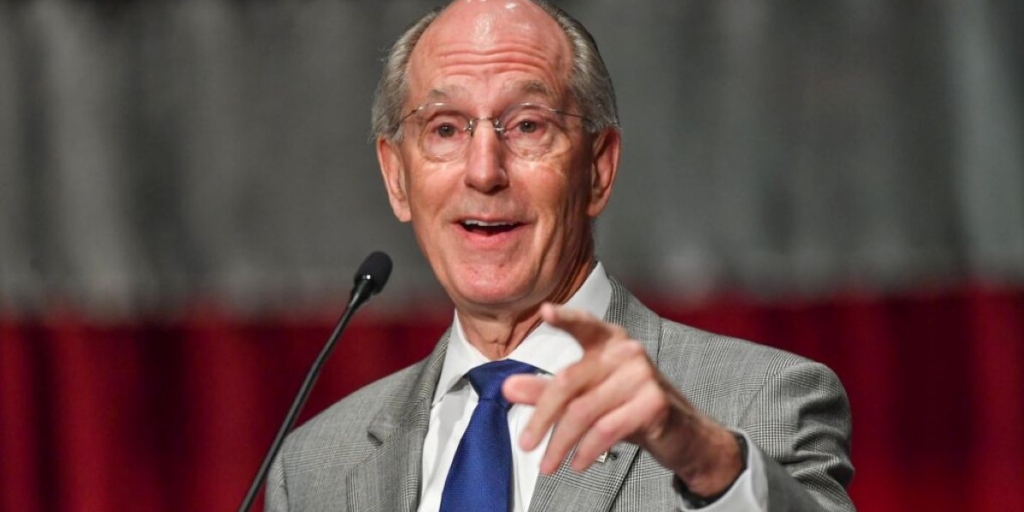After the death of her 19-year-old son in a DUI crash, an Alabama mother is campaigning to change the state’s Youthful Offender law.
Nolan McDavid, a University of South Alabama student, was killed in November last year, when a 17-year-old crossed the center line on Lott Road at an estimated 117 mph, striking McDavid’s vehicle head-on.
Hours later, tests showed the minor’s blood alcohol content was 0.111, and Valium was also detected.
The juvenile was initially charged with reckless manslaughter, but a grand jury later upgraded the charge to reckless murder under Alabama’s “extreme indifference” standard.
Earlier this month, Judge Jill Phillips granted the defendant Youthful Offender status, capping his sentence at three years and sealing the case from public view.
“This is exactly the type of case where strong sentencing and transparency should be paramount,” Nolan’s mother, Randi McDavid Jones, said.
“Instead, it sends the message that in Alabama, you can drive drunk, take a life, and still receive a soft, sealed sentence.”
Jones has urged lawmakers to reform the Youthful Offender statute. She contacted State Rep. Phillip Pettus (R-Killen), who has prefiled House Bill 11 ahead of the 2026 legislative session, which begins in January.
The bill would require anyone age 16 or older charged with murder or capital murder to be automatically tried as an adult. Current law allows judges discretion to grant Youthful Offender status even in serious cases, limiting sentences to three years and sealing records.
HB11 would remove that discretion for the state’s most violent crimes.
A similar bill from Pettus, HB146, passed the House in March 2025, and reached the Senate calendar — but did not become law before the session ended.
Pettus has since refiled the proposal for 2026. His new version maintains the original intent with revisions designed to strengthen its chances of passage.
In her letter, Jones wrote, “I am writing to you not only as a grieving mother, but as a citizen of Alabama deeply concerned with the message our courts are sending to victims, families, and the broader public when it comes to impaired driving fatalities.”
Jones has also raised other heartbreaking concerns about her son’s case.
She cited reports that the defendant’s father, then a Mobile Police Department sergeant, arrived at the crash scene. A witness later filed a complaint against him, leading to his termination from the department earlier this year.
It is also being reported that the defendant’s mother is facing harassment charges tied to the investigation.
“These are not private allegations — they are matters of public reporting,” Jones wrote, adding that many residents have questioned if family connections have influenced the outcome.
In her plea to Rep. Pettus, Jones urged lawmakers to consider her son’s case as motivation to continue to push for the legislation’s passage.
“Your efforts to reform Alabama’s Youthful Offender law address exactly this problem: it was never meant to shield violent, high-risk offenders from meaningful accountability, particularly in cases involving death, intoxication, and egregious recklessness. Nolan’s case is a clear, urgent example of why change is needed — not in theory, but in immediate practice. The people of Alabama deserve to know that the life of an innocent victim will always carry more weight than the protection of an offender,” she wrote.
Jones shared a video of her son and her thoughts on his life on YouTube.
“Stop telling me that 17-year-olds don’t know better,” said Jones in the video.
“Don’t use youth as an excuse for wreckage and death. Don’t insult Nolan’s legacy like that. Nolan had a mind the world desperately needed. A future that was bright and meaningful. And now, because of someone else’s reckless, deliberate actions, he will never turn 20. He’ll never get the chance to build the life he deserved.”
Sherri Blevins is a staff writer for Yellowhammer News. You may contact her at [email protected].












